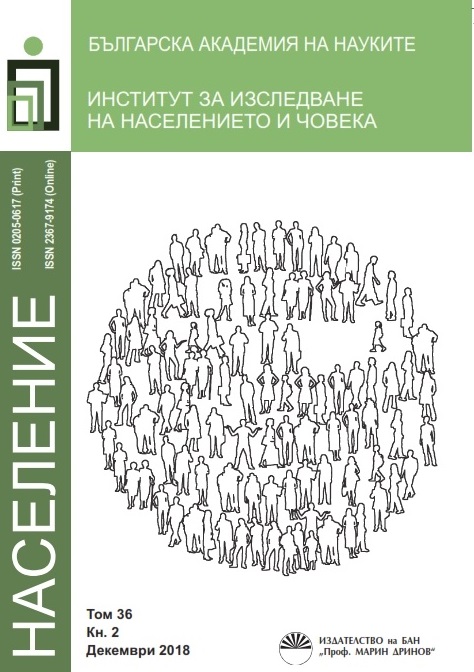Емиграцията от България след 1989: Причини, структури и последици
Emigration from Bulgaria after 1989: Reasons, structures and consequences
Author(s): Pavlina StoyanovaSubject(s): Social Sciences, Sociology, Demography and human biology
Published by: Институт за изследване на населението и човека - Българска академия на науките
Keywords: emigration; migration flow; immigration; net migration.
Summary/Abstract: In the context of globalization people more often change their environment and employment. Facilitated communications, the access to information and transport, strengthen migration processes. Migration, as one of the main demographic processes is becoming a key issue for many countries and Bulgaria is no exception to the overall picture. The economic and political fluctuations in our country in the 1990s have become a push factor and led to significant emigration during this period. The following years of stabilization and economic growth failed to reverse the negative trend and Bulgaria’s EU membership provided additional opportunities to Bulgarian citizens to travel and live outside their country within the Union. Free access to the labor markets and education systems of the Member States creates conditions for mobility and long-term migration. This article provides a brief statistical and historical overview of the nature of Bulgarian emigration. Despite that the analysis of migration processes after 1989 has been difficult due to a lack of comprehensive statistical date the paper aims to highlight the main reasons and motivations of emigrants to leave Bulgaria and to reveal the influence of migration processes on the fertile contingent, population’s age structure and population’s working age in the country.
Journal: Население
- Issue Year: 36/2018
- Issue No: 2
- Page Range: 193-213
- Page Count: 21
- Language: Bulgarian
- Content File-PDF

